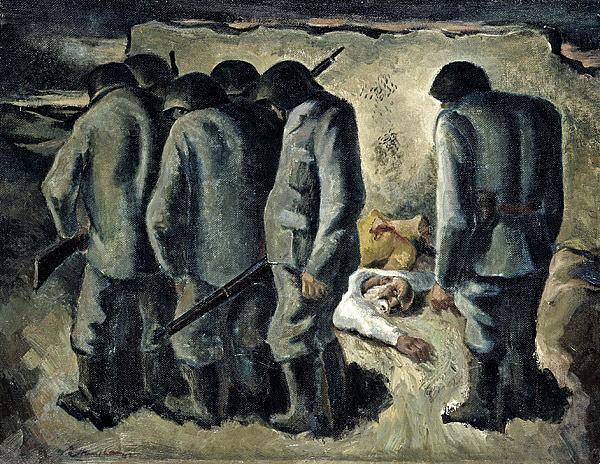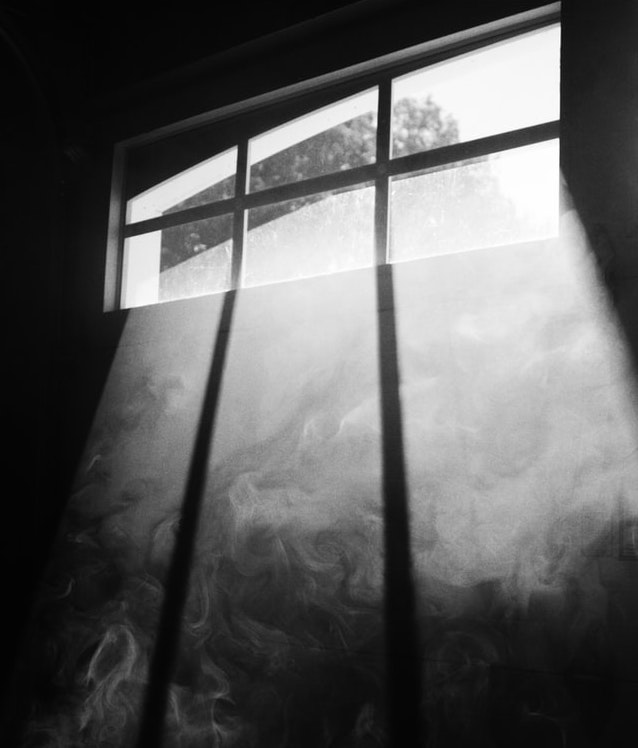Nothing Happened
By Jane Snyder
When I woke, Suzie was still asleep, lying on her stomach, her bottom a little raised. She looked cute, like a baby, and I tiptoed from our room with exaggerated care. If she teased me I’d use it against her. Suzie with her big butt in the air, I’d say.
I went downstairs, was in the kitchen before I realized my father was there, at the table, the papers he was grading spread in front of him. My mother stood at the sink looking out the window at our dog in the backyard.
My father eyed my baby doll pajamas. “You’ve been told not to leave your room until you’re dressed.”
“Her clothes are in the dryer.”
“She can make her own excuses; she’s good at it.”
My mother shrugged. “You ever notice how Finn looks over his shoulder when he poops?”
“That’s enough, Elaine.”
He turned to me. “Greg Duenow saw you walking Finn. He said it looked as if Finn was walking you.”
I didn’t know who Greg Duenow was, didn’t ask because it might be something I was expected to know. Another instructor at the college, maybe.
Finn was an Irish Setter, handsome, attracted notice. Usually he pranced beautifully, liking the style of it, but he outweighed me by twenty pounds and, when something caught his attention, he took off, dragging me behind.
“If you’d hold the leash right, the way I showed you, he’d obey you. Your sloppy ways are ruining all my hard work with that dog.”
He paused for an answer.
“The dryer just stopped,” my mother announced. “Get your tennis dress, honey. Suzie’s too.”
Little gingham dresses, hot to the touch, tight in the waist with full, short, skirts. Suzie’s was pink and mine was blue. My mother said the ruffled gingham panties we objected to were the same as shorts because we wore them over our actual underpants, just like real tennis players. We didn’t like sister dresses anymore because they emphasized that I was thin and Suzie was plump. Mutt and Jeff, an adult would be sure to say.
I went downstairs again when I heard my father leave. Sometimes my mother made me a dish she called a sweet omelet, and I hoped she’d do that today, sit and talk with me while I ate, but she was stretched out on the couch with her book, her coffee and cigarettes, Finn.
“Somebody’s looking mighty pretty today.” She didn’t look up from Giles Goat-Boy. “Why don’t you go out for a walk before it gets too hot?”
“I’m not taking Finn. Daddy doesn’t like the way I walk him.”
She was reading and didn’t answer.
I liked walking past the convent six blocks from our house. The nuns weren’t on view this time of day. I’d been fascinated by them when we got Finn last year and I’d started taking him with me. I’d loved the gleam of gold beads dangling against their long black skirts, but I didn’t care anymore; figured it was Finn they liked. The convent itself, a house, a mansion really, donated to the sisters, was the real attraction. Dark red brick, turrets, casement windows. I’d had experience with places being exciting on the outside, dull on the inside, so I imagined it as I liked. Old-timey, me in a soft white dress walking through the conservatory, orchids in riotous bloom, seating myself at a grand piano, accompanying myself as I sang an aria. At the sound of my voice, the servants would look up from their tasks, sigh with pleasure. I’d visit my mother in her boudoir. She’d wear a peignoir, like Eva Gabor’s on Green Acres, and she’d smile, say I brought the sunshine with me.
On my way home I planned the supper for my coming out ball, my debut. Chicken salad, I was thinking, chocolate cake, when the white sedan stopped beside me and the driver leaned over to open the door on the passenger side. “Sis,” he said, and I took a step toward him.
His thick face appeared discolored, gray. He was sweaty, a thin film of perspiration on his high forehead.
We looked at each other. I didn’t recognize him, couldn’t think of anybody who called me “Sis.” Not wanting a report of my being rude to an adult to get back to my father, I said hello.
“Well,” he said, looking at me steadily, “well.”
My daydreams fell away. Something important was happening. The man didn’t offer candy but I knew him at once for a stranger, the stranger they’d warned us about, the stranger who wanted you to get in his car.
“Your mom wants me to take you home.”
I walked away quickly. The car turned at the corner, away from me, and I saw this as evidence that I’d met the challenge successfully, recognized danger and acted decisively. Even the small, neat houses I passed on my way home seemed promising, reflecting the change in me.
I’d talk to my mother alone, I decided. No need to involve Suzie. My mother would be upset; I’d reassure her. I’m fine, I’d tell her. Nothing happened. Only we should call the police right away. Notify them.
I imagined telling my father. He’d sit beside me on the couch, listen solemnly, tell me I’d done well.
Suzie was dawdling over breakfast. My mother was peering into the refrigerator. “This isn’t enough ham for sandwiches. Don’t drink any more milk. Your father has the car.”
For a moment I hesitated. I’d have been more sure of myself if the man had been less bland, more frightening in appearance.
“Oh, for God’s sake,” she said when I asked to talk to her alone. “Just say it, whatever it is.”
She laughed when I told her, said she didn’t believe me.
I went upstairs, disappointed, lay back on my bed with a library book. After I’d finished a chapter I heard her talking on the phone. She sounded amused. “I’m sure it’s nothing. She may have misunderstood. She’s got quite an imagination.” So that was no good. Everything would be the same.
She called up to me, telling me to wash my face; someone was coming to talk to me.
A lieutenant. I could tell from his bar. He was so tall that my mother, who stood on a level with my father, looked up to talk to him. Finn pushed his red head against the blue serge of the lieutenant’s trousers. The lieutenant ignored him, looked sourly at my mother when she told him she hadn’t wanted to call because she thought I was exaggerating.
“Where may I speak to your daughter privately?”
“Oh, but surely…” she remained amused, her manner implying too much fuss was being made.
“If that’s acceptable to you, Miss Sloper?”
He opened the door to the dining room for me, shutting it behind us, as if he were in his own house.
Back then, if a man wished to endear himself to a child, establish himself as a trustworthy figure, a pal, he’d offer you a stick of gum, address you as Sport or Princess. The lieutenant didn’t do this, didn’t smile, didn’t ask what I liked best at school, say recess, I’ll bet. He pulled out a chair for me, sat down, opened his notebook, asked for my full name and date of birth.
The location, the car. Did anyone else see? What color was the interior? Did I notice anything inside the car? Did he have scars? Did he wear a watch? A ring? Glasses? Did he sound like someone from around here? Was the car clean? On the inside as well? Did I think he’d get out of the car? What were my impressions of his height? Weight? Did he reach his hand toward me? The grayish tone to his skin I’d mentioned, was it five o’clock shadow?
I told him about the ashtray. My mother didn’t smoke in the car; my father said the stink would lower resale value, so the ashtray, open and overflowing with butts, stood out. They weren’t Pall Malls I knew, because my mother smoked those. Brown at the end, I told the lieutenant, with a thin blue stripe.
“Filters,” he said gravely. “Kents, perhaps. This is very helpful, Miss Sloper.”
My mother was at the door when we came out into the living room. “I hope she was good for you.”
He didn’t answer; nodded at me.
My mother laughed weakly after he’d gone. “My,” she said, “my.”
I became conscious of the expanse of thigh my tennis dress revealed. “I’m not going to wear this anymore.” I pulled at the gingham skirt. “It’s babyish.”
I expected my mother to say no, she did enough laundry without me changing clothes like a Barbie doll, but she didn’t answer and I went upstairs, took off the dress and panties, sending them sailing dangerously into the corner. I told myself I didn’t care and put on what I liked.
My father was standing at the foot of the stairs when I came down for lunch, smiling. “Here she is!” He reached up to swing me down, back up, then down again.
I knew, from his changed manner, that my mother had told him.
She set out a plate of bread, cheese, scrag ends of ham and beef, pickles, hard boiled eggs, said she’d cleaned the refrigerator out.
“Ah, a ploughman’s lunch,” my father said, determined to praise where he’d found fault before. He was charming to Suzie when she asked what a ploughman’s lunch was, speaking in a British accent about the cold collation you’d have in a pub, then cracked his egg against his forehead to make us laugh. “Are you sure you boiled this one, Elaine?”
Before he went back to work my father gave me four dimes. “You can take your sister to the pool this afternoon and get some ice cream on the way home.”
We hadn’t been to the pool all summer, because I was being punished, I can’t remember why. Suzie wouldn’t go without me. The money wasn’t enough for the pool and ice cream both. My father took us so infrequently to the ice cream truck, money pit, he called it, he didn’t know the Good Humor man had raised his rates. We could get candy, I thought, reaching for the money.
“Don’t just keep going off the diving board,” my mother said when we left. I didn’t know how to dive but I liked the springy feeling when I jumped from the low board. “You can do it three times. That’s all.”
It was a nice afternoon, although Suzie was a pest, yanking my pigtails and yelling, “Ding dong, Avon calling.” She wouldn’t let me out of her sight that day or the rest of the summer.
I didn’t connect the police cars we saw outside the pool and the playground with what had happened, but the next day there was an article on the second page of the paper: “Red Hawk man charged with Indecent Liberties.” I was sorry my name wasn’t in the paper, but I knew it was me, the ten-year old girl he’d approached in the University District, an hour after he’d lured a seven-year-old playing in her yard on West Ninth into his car.
It didn’t seem so bad to me, what he’d done. A child who’d been made to lift her skirt and pull her pants down so her father could beat her with his belt, a child who’d heard the excitement in his throat when he spoke of bare bottom spankings, a spank sandwich, your bottom red as that apple, heat your own bath water for a week by the time I’m done with you—over and over—was not moved by the account of another child’s genital area being patted over her clothing, of a hand placed across her mouth.
Jane Snyder is a retired social worker. She lives in Spokane, Washington.
Photo credit: R. Nial Bradshaw via a Creative Commons license.


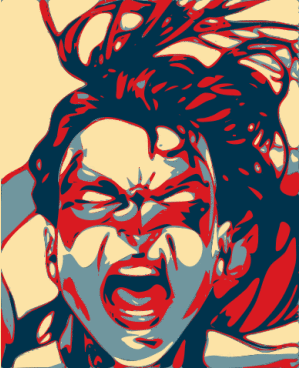

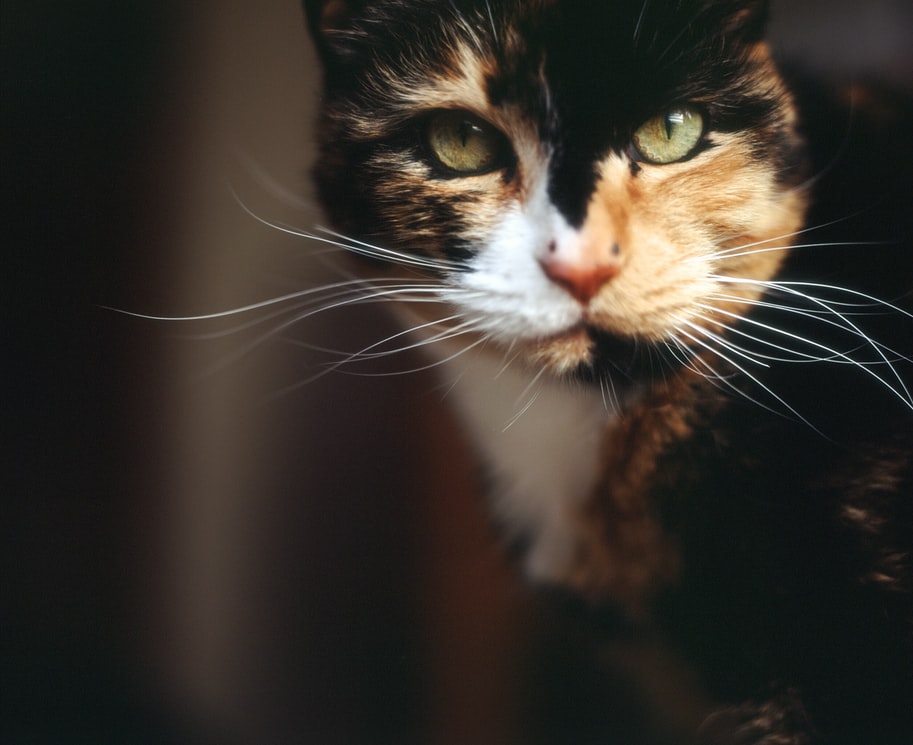

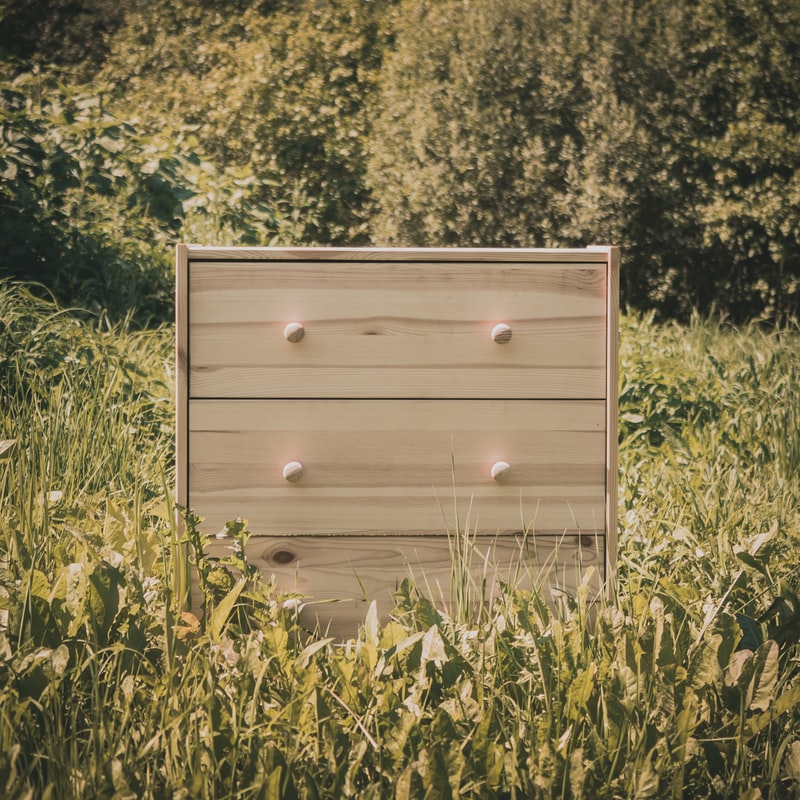

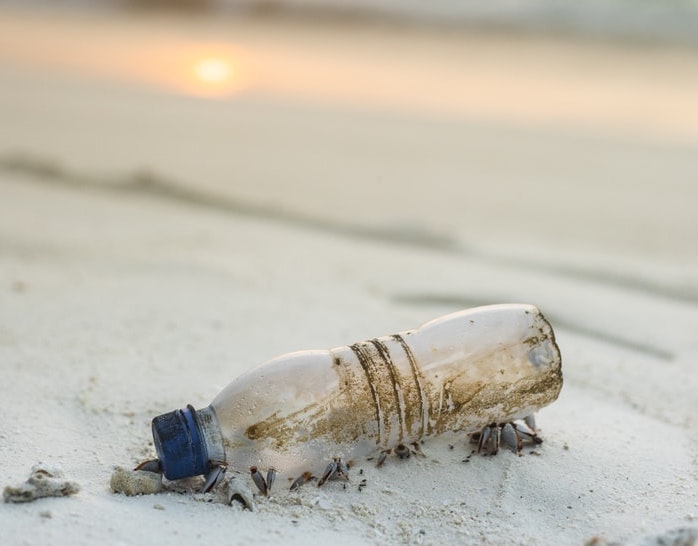
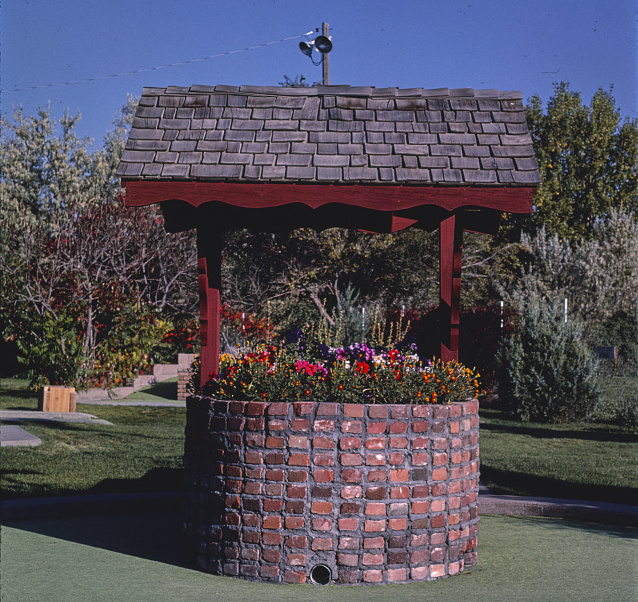



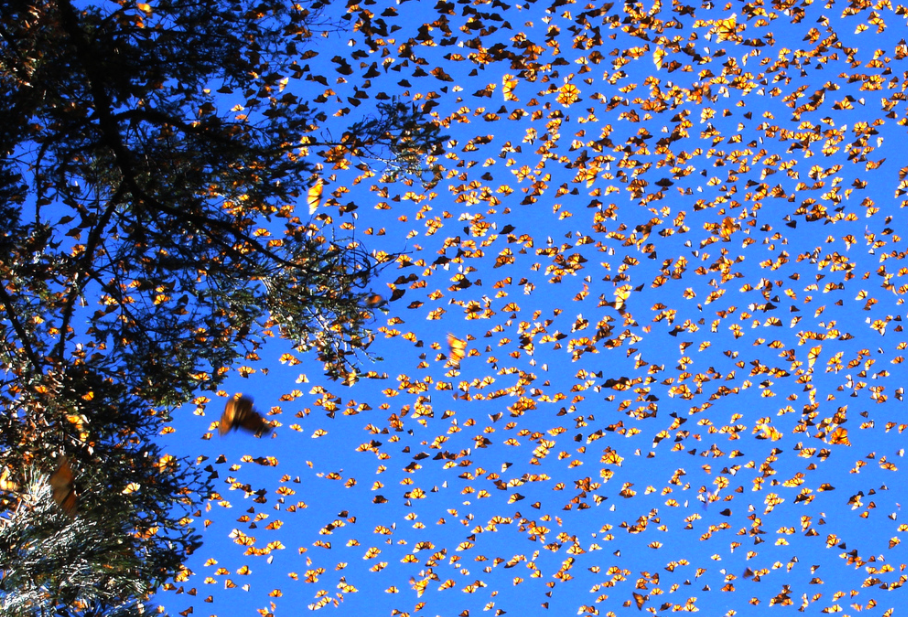
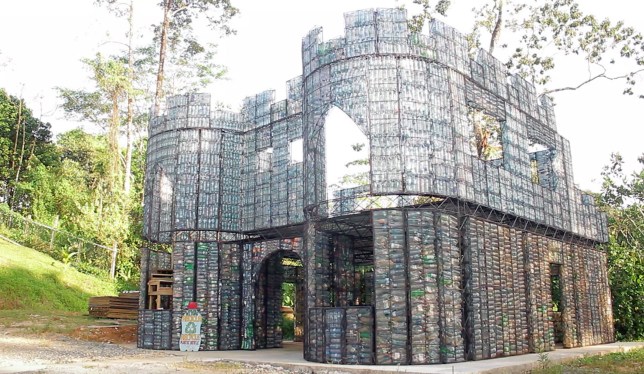



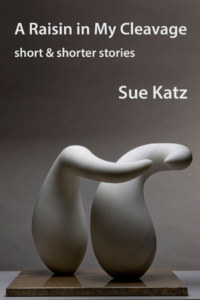 Sue Katz’s business card identifies her as a “Wordsmith and Rebel.” Her writing has been published on the three continents where she has lived, worked, and roused rabble. She has been a martial arts master, promoted transnational volunteering, and partner danced more than her feet could bear. Her journalism and stories have been published for decades in anthologies, magazines, and online. Her fiction, often focusing on the lives of elders, include A Raisin in My Cleavage: short and shorter stories, Lillian’s Last Affair and other stories, and Lillian in Love.
Sue Katz’s business card identifies her as a “Wordsmith and Rebel.” Her writing has been published on the three continents where she has lived, worked, and roused rabble. She has been a martial arts master, promoted transnational volunteering, and partner danced more than her feet could bear. Her journalism and stories have been published for decades in anthologies, magazines, and online. Her fiction, often focusing on the lives of elders, include A Raisin in My Cleavage: short and shorter stories, Lillian’s Last Affair and other stories, and Lillian in Love.
